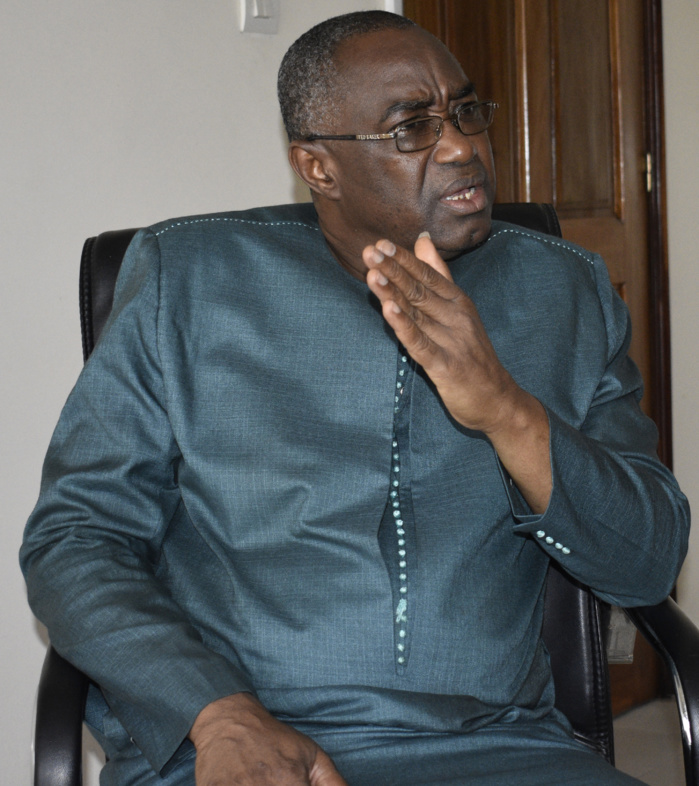“It is with regret that we note, in recent days, scuffles between the population of Diass and the forces of order. This unfortunate situation has become commonplace in Senegal. The cause is a land management that sidelines a population that is subject to land grabbing from all sides,” said the Executive Director of the Pan African Institute for Citizenship, Consumers and Development (CICODEV) Amadou Kanouté.
Through a statement received on Monday, September 20, he argued that in its entirety, the town of Diass knows an exponential land aggression, often led by projects and state programs. “This is so, for example, the Diass airport sitting on a land base of 4 500 hectares; the Special Industrial Economic Zone (No. 2) with an area of 10,000 hectares, the port of Ndayane occupying 400 hectares belonging to the municipality of Diass, the factory of large carriers of 100 hectares, the urban pole of Dagga-Kholpa of 3,000 hectares with a concerted development area of 300 hectares, and the base of Saudi Bin Laden Group beneficiary of 100 hectares for investment purposes, “he listed.
While specifying: “Far from denying the relevance of these projects, CICODEV notes that they deprive the municipality of any possibility of extension to satisfy the demand for housing of the citizens, without counting the potential agricultural activities in the process of disappearing.
“It is not acceptable that people are repressed because they defend their right to enjoy a public good”
This is why CICODEV recalls that access to land is a fundamental right, land allows more than 70% of the country’s population to meet their needs in housing, food, mobility, access to health through medicinal plants.
“In view of what the land represents for the human being, it is not acceptable that people are repressed because they defend their right to enjoy a public good. This would be to call into question the principles of the rule of law and equity which subject citizens as well as the State to the strict respect of the laws and regulations in force, in this case in the land sector. Indeed, none of these laws gives mandate to the State to brutalize the populations because they claim the property of a land base”, reads the document.
Amadou Kanouté said that the State of Senegal has the obligation to guarantee the right of the population to claim a roof over their heads. “Faced with such a situation, only dialogue can lead to a happy outcome of conflicts. This is what CICODEV calls for dialogue between the State of Senegal, the municipality of Diass and the people. Any attempt to resolve this conflict that does not put forward the social process of integration of the people is doomed to failure,” he said.
Before continuing: “In doing so, it is urgent for the State of Senegal to go beyond the provisional freedom granted to the protesting populations of Diass, to take all measures to ensure the full enjoyment of communities of their land rights in peace and social tranquility.
COCIDEV’s appeal to the State of Senegal
In addition, the members of COCIDEV reiterated their call to the State of Senegal to relaunch the land reform process in its entirety, for concerted and consensual solutions between the families of actors on land management, the operationalization of the proclaimed will of the Head of State to prohibit the granting of land titles on arable land in rural communities the adoption of specific legal mechanisms protecting rights defenders/activists of land rights to enable them to contribute to the transparent and responsible governance of land in all tranquillity and the institutionalization of citizen control at all levels of land governance in Senegal, to guarantee the effective participation of the populations.
Furthermore, they recalled that the Constitution of Senegal of January 22, 2001, as amended, enshrines the principle of the sovereignty of the people over their natural resources. The exercise of this sovereignty can only be effective when the people have the ability to exercise their right to legally claim what the Constitution grants them. Hence the need to protect land rights defenders, not intimidate them.
Source/
Awa FAYE – Seneweb.com | September 20, 2021

